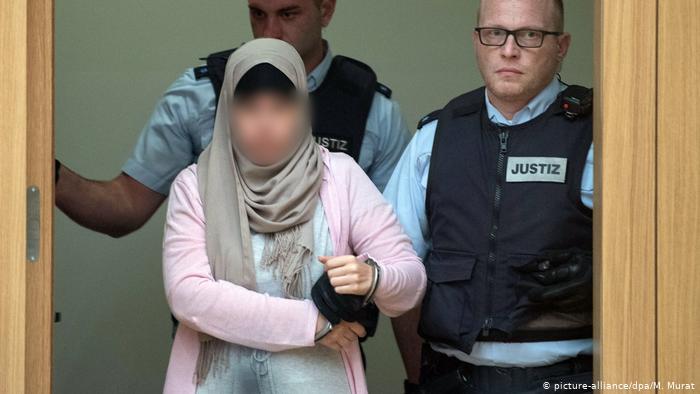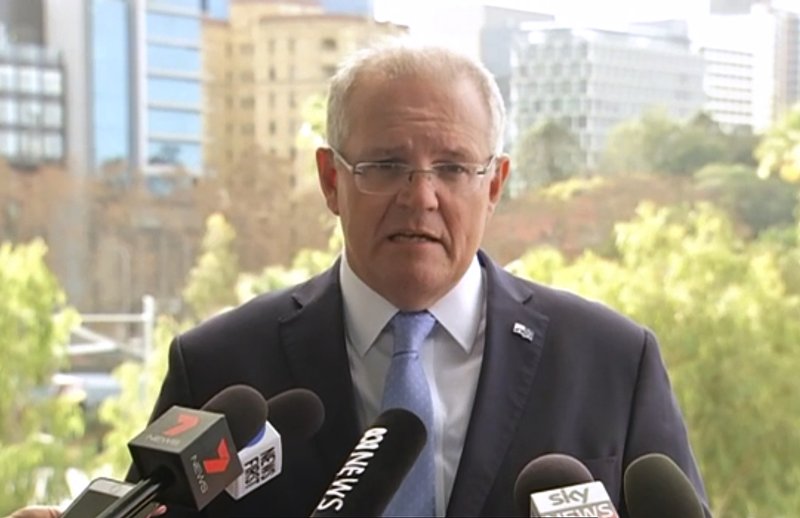London–Is it acceptable to intervene in students’ practices? Is the perceived threat of extremism or radical thought good enough reason to step in?
Is it wrong for university authorities on British campuses to ban the presence of inflammatory literature in Islamic societies (ISOCs) and in prayer rooms? Should it forbid these societies from linking to controversial or ultra-conservative websites? Should it monitor their events? Or is this a violation of freedom of expression and faith?
University authorities, and not just in Britain, seem to be struggling with these questions. Some seem reluctant to step in to moderate debates on “sensitive” or controversial issues or ask students to self-monitor their literature or events.
For instance, back in 2009– before the new incidents that had shaken City University's Muslim community and that involved the stabbing of two Muslim students (click here for story)–Julius Weinberg, City University Vice Chancellor, told me that there hadn’t been any concern regarding the Islamic societies’ activities.
He said they do not run “any sort of investigatory activities which would specifically look at any one society or another,” and that “the majority of Muslim students are very good members of their community.”
He said that he spoke with members of the Islamic society after a controversial dinner event where a radical preacher was invited to talk, and had found the members to be reasonable and thoughtful. “I think one could say they may have been a little naive about the people that they were inviting,” he said.
He added: “There are some interesting issues here. Young people are testing ideas are learning about the world; they're developing, are passionate about things and care about things. And they should be.”
Professor Weinberg said the historical context was important. He gave examples of how members of the Communist Party were recruited in the 1930s from among students who “were passionate about what they saw as the social ills of the time” and how moles in the British secret service were recruited at Cambridge.
“They were passionate young people who were therefore ripe for persuasion, conversion," he said. "If you look at the history of revolution in most countries, it often is based upon universities, because universities are where people gather together discuss ideas–and some of those people will become extremists.”
Banning, for instance, was out of the question because it “drive[s] individuals into isolation," he said. “I think that you have to remember, historically again, there are rights and wrong on different sides. I worked for the World Health Organization in Bosnia during the war there where ethnic cleansing was targeted on the Muslim communities … So there have been good reasons why, on occasions, Muslim communities have felt that they’re being attacked by non-Muslim communities.”
However, in March 2010, everything changed, and banning suddenly became acceptable. Faced with security threats to the lives of Muslim students, and push and pull from the student Muslim community, the university decided, in what seemed like a radical decision, to close off the prayers spaces, and instead allow Muslims to practice in a space shared with other faith communities–something that enraged Muslim students and led them to protest several times on campus.
The university also decided to discredit the Islamic society. The incident remains controversial and Islamic societies' websites are still brimming with criticism for City's management and those responsible for the decision.
If anything, the university's sudden decision to intervene served to further alienated students and to close off channels for rational discussion (see this story for more details).
City University’s attitude seems part of a bigger policy that intervenes only when security, lawbreaking and violence are involved, in a way that jeopardizes trust between the Muslim and non-Muslim community and, perhaps, threatens personal rights.
In an official statement, Diana Warwick, chief executive of Universities UK (UKK)–the representative body and membership organization for the higher education sector–had said: “Universities UK has issued guidelines on dealing with extremism and intolerance on campus and circulated these widely to all its member institutions.”
However, in a phone conversation, senior UUK press officer Gareth Morgan said that the issue of extremism in universities remained “a sensitive one” and that the degree of intervention “stands to the individual institutions.”
In his Policy Exchange report, entitled “Choosing our friends wisely,” Maher said that the authorities’ chief dilemma in tackling violent extremism is the fact that it did not understand where the phenomenon came from.
Even the government’s multi-million-pound "Preventing Violent Extremism" initiative, Maher wrote, “accentuates the importance of finding those who can contribute to the preventing of violent extremism, as opposed to extremism over all. Ideology is judged important, in so far as it pertains to violence in the UK.”
Because of this lack of knowledge, universities and government either converse and hold dialogues with militant ideologues and radical leaders in the hope that they will help young people avoid violence–a strategy that British author Ed Husain calls “disastrous”–or strike blindly at Muslims when faced with a security threat.
Universities seem to be confused about what practical measures should be taken to help quell unhealthy signs of extremism in ISOCs on British campuses, said Hannah Stuart, a writer and think-tank researcher.
“What makes radicalism most appealing to young men, especially of university age, is the offer of an entire solution to what going on because every single student at age 18 thinks, ‘Oh my God, this is the world we need to change’,” said Stuart. “The Vice Chancellor [of City University] is right; it’s a place of a passionate debate about how you want to see the world change and all that.”
“That’s why strengthening the ideas that pull you back from radicalism [is important]," she added. "It’s better to strengthen that rather than criminalize the opposite.”
Author Husain, along with ex-Islamist and commentator Shiraz Maher and other independent observers, has said that a key solution would be to engage with Muslims to help them find ways to heal without retaliation for what they deem violations of their basic rights, and to give voice to the moderates among them and deny space or voice for Muslim haters and Islamophobes.
AbdulRahman Jaafar, chairman of the Muslim Safety Forum, which tracks Islamophobic incidents, said that racist crimes had increased by 43 percent, “most of which are directed against Muslims.” All this feeds into the Muslim belief that they’re being abused by the West.
“What is needed is an increased involvement of the moderates, rather than demands and assertions from the more extreme coalitions from the right and left,” suggested Lucy James, research fellow at Quilliam, in a March editorial in the Guardian newspaper.
Experts on radicalization are not short on solutions and some have spoken out. But so far the right people, universities, overseeing bodies like UUK, and government authorities are perhaps not facing up to the tangible threat of radicalization and extremism among idealistic-albeit-impressionable young Muslims.
And when some of them respond, as City has done when it closed off the prayer rooms, they do in a way that may further alienate students. It would seem there is no middle ground when it comes to dealing with the problem.
And as long as there isn't, the threat of extremism may always loom; the anger and rifts may deepen. As spoken-word poet Amir Sulaiman told his Muslim audience at an event–as they cried in unison, "Allahu Akbar, God is great"–Muslims must always “learn, know, write, read. We must kick, bite, yell, scream. We must pray, fast, live, dream, fight, kill and die free!"




